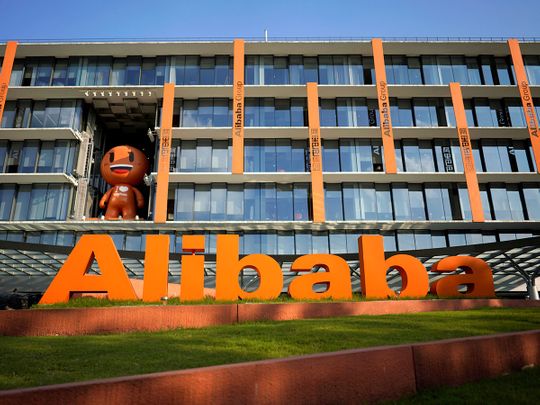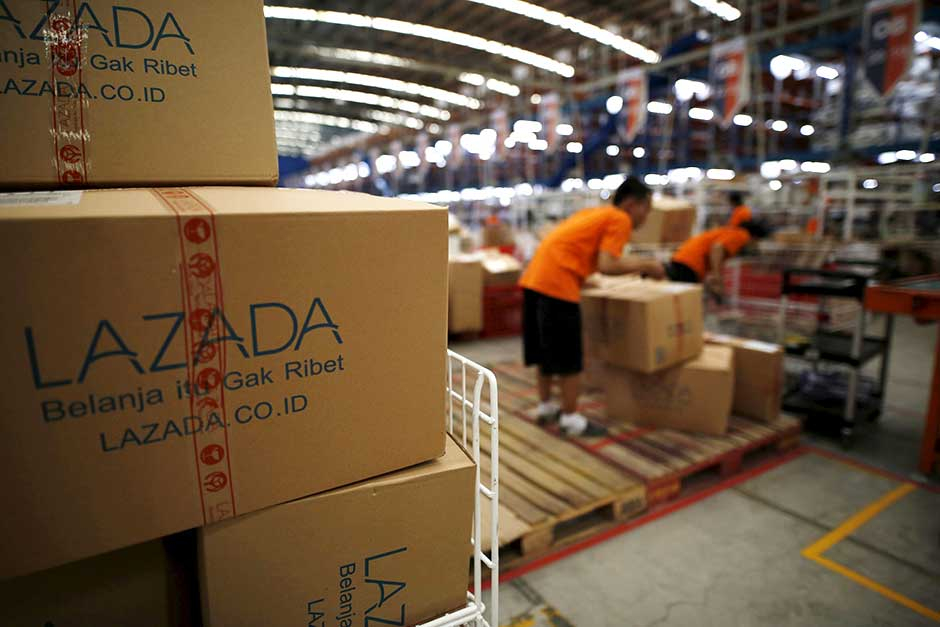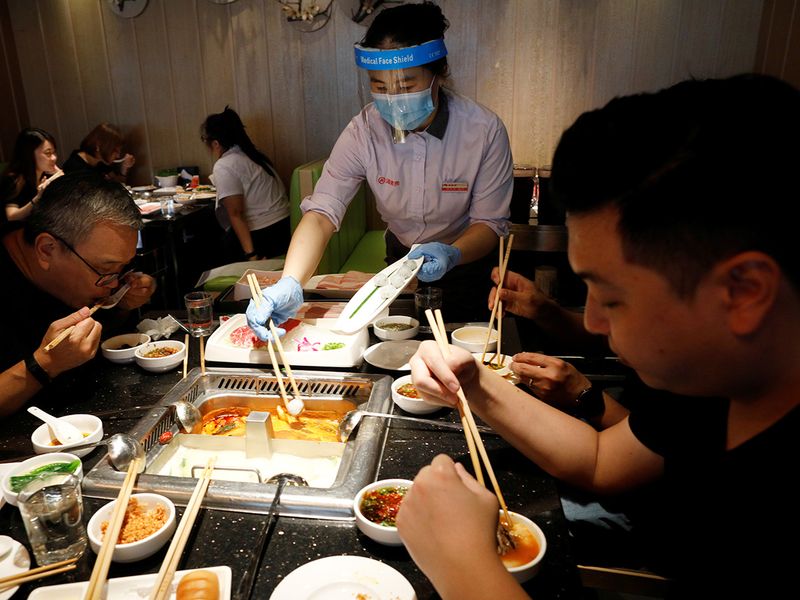
Clobbered by the crushing effects of the coronavirus pandemic, thousands of retailers from Bangkok to Singapore have rushed to set up online shops on big e-commerce platforms to stay afloat this year.
Now entire shopping malls are going virtual for the first time.

Marina Square Shopping Mall — nestled among luxury hotels and popular tourist attractions in central Singapore - is taking more than 30 of its tenants online with Lazada, the Southeast Asian unit of Alibaba Group Holding Ltd. It's the first shopping center in the city-state to create a mini virtual replica of its physical mall.
"It's a new concept in Singapore," James Chang, chief executive officer of Lazada Singapore, said in an interview. "From a shopping mall's perspective, it could be seen as competition, but we worked out this partnership because it provides visibility and awareness of the tenants and offline mall."
The lockdowns have meant devastating changes for the retail industry. In the U.S., more than 110 companies have declared bankruptcy this year, including J.C. Penney Co., Neiman Marcus Group Inc. and J. Crew Group Inc.
In Singapore, retail sales plunged 52.1% in May from a year earlier, the most since records began in 1986. The island's economy fell into recession last quarter as an extended lockdown shuttered businesses and decimated spending.
Retailers in Southeast Asia are experimenting with new business models to adapt. The region's e-commerce industry is relatively young and fast-growing, compared to the U.S., where shopping malls have struggled against increasing online competition for years.

With Lazada, Marina Square is seeking "a balance of online and offline opportunities," said Lim Hock San, CEO of Marina Centre Holdings Pte. "The online exposure we give to our tenants will benefit them and help support brand awareness."
Marina Square's partnership with Lazada will include about a dozen brands that weren't previously on the e-commerce platform. The mall is also offering vouchers that can be used in physical stores, as part of efforts to draw shoppers back into its outlets.
This follows similar moves by Siam Center, a landmark shopping mall in Bangkok built in the 1970s, which teamed up with Lazada to set up its virtual mall with about 40 tenants. In Indonesia, more than 100 tenants of three malls by developer Pakuwon Group are going live on Lazada.
Lazada, which operates in six countries in Southeast Asia, launched its virtual mall called Lazmall in 2018, allowing brands to set up their own online stores. Since then, the number of brands has grown ninefold to more than 18,000, according to Chang.
The company's grocery business in Singapore saw a 50 percent increase in orders since lockdown measures were imposed in April, reaching a record in June, Chang also said. It hired 500 full time and part-time workers to meet the demand.
"E-commerce adoption has been here, but Covid-19 has expedited that adoption," he added.








